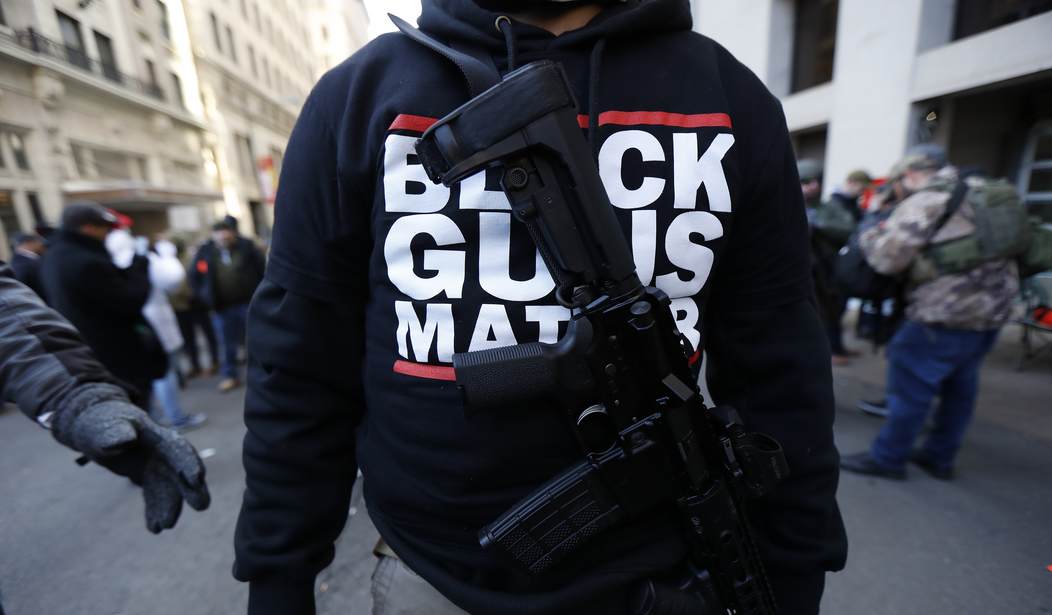In many states, gun control passes with startling regularity. People in those states don’t like guns and don’t mind targeting gun owners any chance they can get. They don’t like guns and they don’t want anyone else to like them either.
One challenge for gun rights advocates in these states is to address this and find a way to defeat these bills in heavily anti-gun states. (Pro-tip: Saying “shall not be infringed” isn’t going to work. It’s true, but it won’t work.)
Yet there may be hope.
The defeat of a gun control bill in Nevada, one favored by the powerful casino lobby, may provide just the roadmap activists need.
In recent sessions of the Nevada Legislature, lawmakers have taken several steps forward on gun safety.
Bump stock ban — passed. Universal background checks — passed. Red flag law — passed. Ban on ghost guns — passed. And so on.
So when lawmakers introduced a bill this year to allow casinos to become gun-free zones in a similar manner to schools, government buildings and even the Nevada Legislative Building, the legislation might have appeared likely to sail through the process to become law.
Wrong. The measure, Senate Bill 452, would run into opposition from an unlikely alliance of groups and would be blocked in the Assembly after passing narrowly in the Senate.
…
The provisions of SB452 were originally written into a larger gun bill that included the ban on ghost guns, or weapons that are generally home-assembled using component parts without serial numbers. The casino portions of the original bill were carved out, however, and placed in SB452, which was introduced as an emergency measure late in the session.
To no one’s surprise, the bill ran into opposition from Republican lawmakers, who raised concerns about Second Amendment infringement. Nothing new there — GOP legislators routinely reject gun-safety bills.
But what hadn’t been anticipated on the casino portion of the bill, and what would eventually derail the bill, is that it drew backlash from Democrats claiming it would lead to racial profiling and stop-and-frisk practices against minority casino patrons, particularly Blacks. Police unions also opposed it.
This was highly unusual, politically speaking: Groups that normally might have been at odds — such as the American Civil Liberties Union, the National Rifle Association and law enforcement union groups — found themselves aligned. Metro Police took a neutral stance.
It seems odd, but it worked. SB452 went down in flames because people on both sides of the aisle found they just couldn’t support the measures.
Now, I’m not a fan of identity politics, but let’s also face the fact that gun control is inherently racist. It was racist from the start and it continues to be racist. From the early days of gun control to the campaign to eliminate “Saturday night specials” which would deny guns to poor Americans, which are disproportionally black and beyond, gun control hits minorities far harder than it does white folks.
Pointing that out simply can’t hurt. Especially when new laws are proposed.
It’s not enough to call out the issues with the bills, we need to point out how they’ll impact groups Democrats seem to prefer to cater to. Do that enough and then those minorities will start asking those questions. These laws impact them, too, after all, and if anti-gun politicians start to recognize that those same people are potential gun buyers, it might just change the equation on guns.
And if not, it can’t really hurt, now can it?








Join the conversation as a VIP Member